
Cardiac surgery during the COVID-19 pandemic
The unexpected consequences of the COVID-19 pandemic have thrown normal life out of gear with no immediate end in sight.
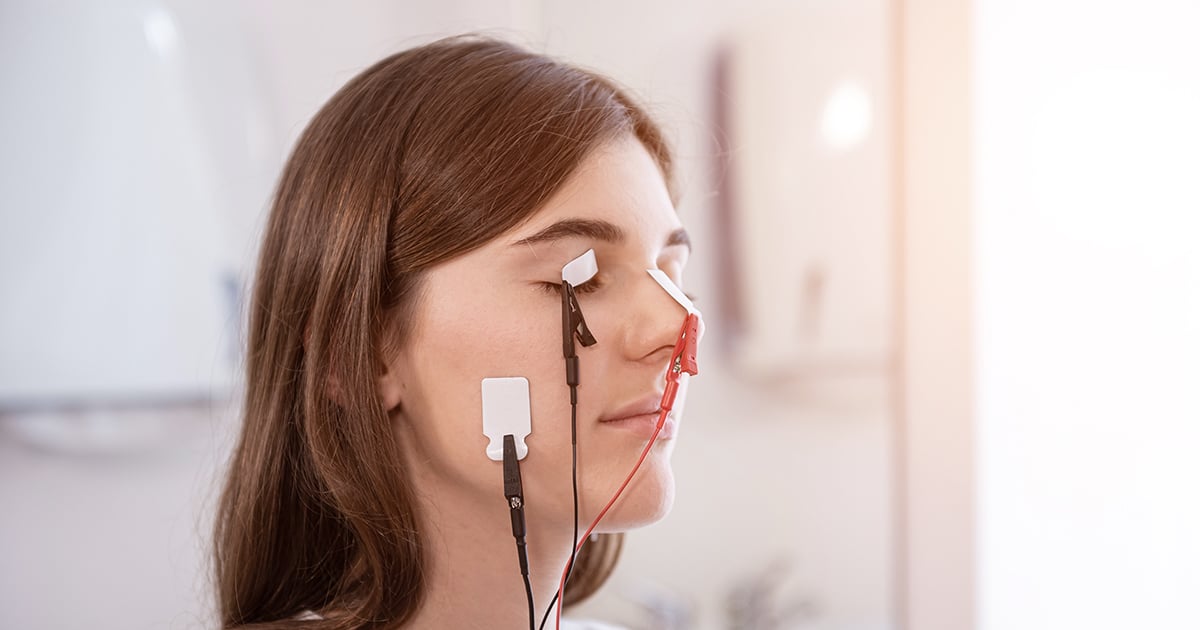
Get to know “electromyography (EMG) and nerve conduction studies”
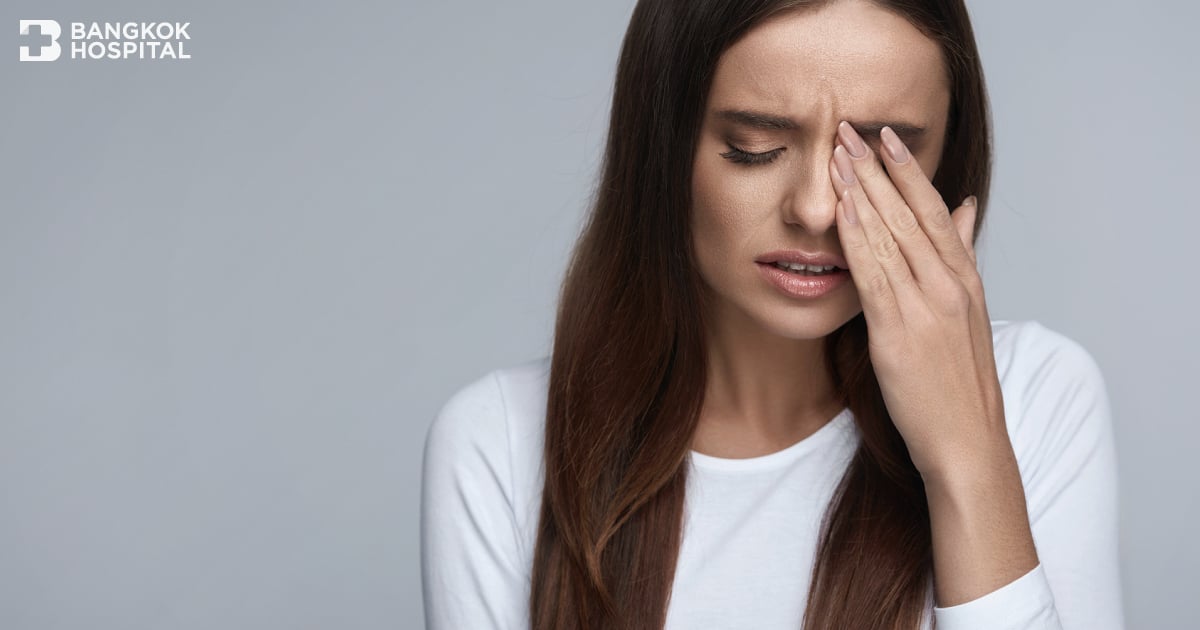
Beware of These Common Eye Diseases
Eye disorders can be caused by various factors, resulting in various signs and symptoms. They can be as trivial as minor irritation or pain all the way to blurred vision or blindness. The four most common eye diseases, pterygium, pinguecula, cataract, and glaucoma, are worth knowing to keep your eyes safe.
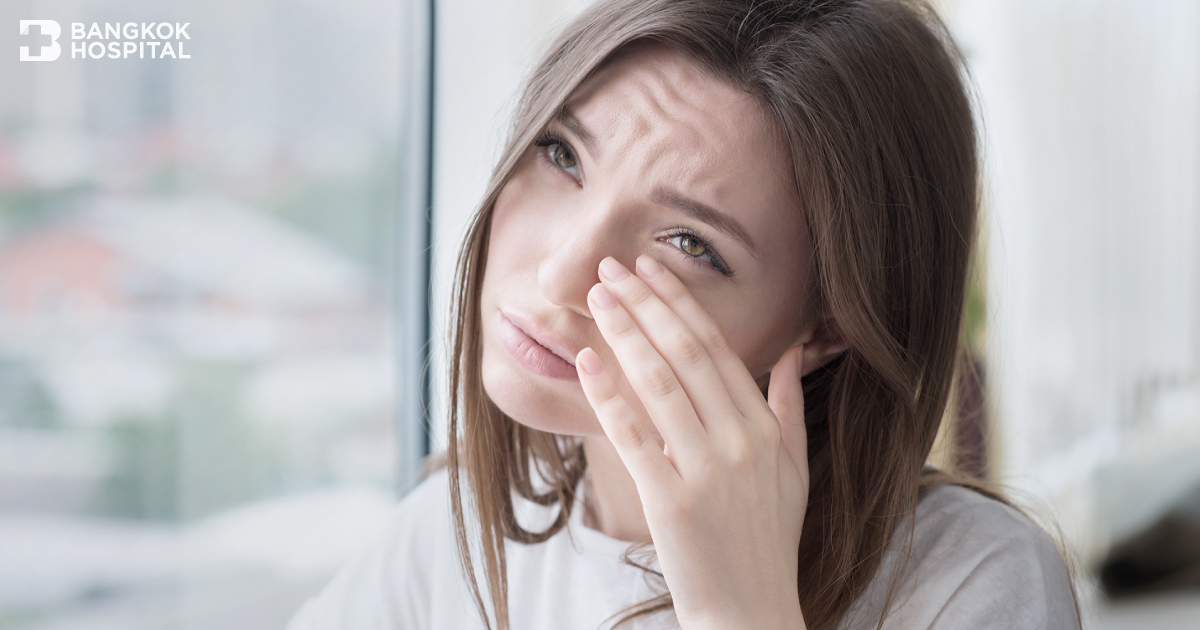
Dry eye disease – a common eye problem disturbing daily life
Dry eye disease is a common and often chronic problem, affecting daily life and activity of people of all ages. Dry eyes develop when the tears are not able to provide adequate lubrication for the eyes.
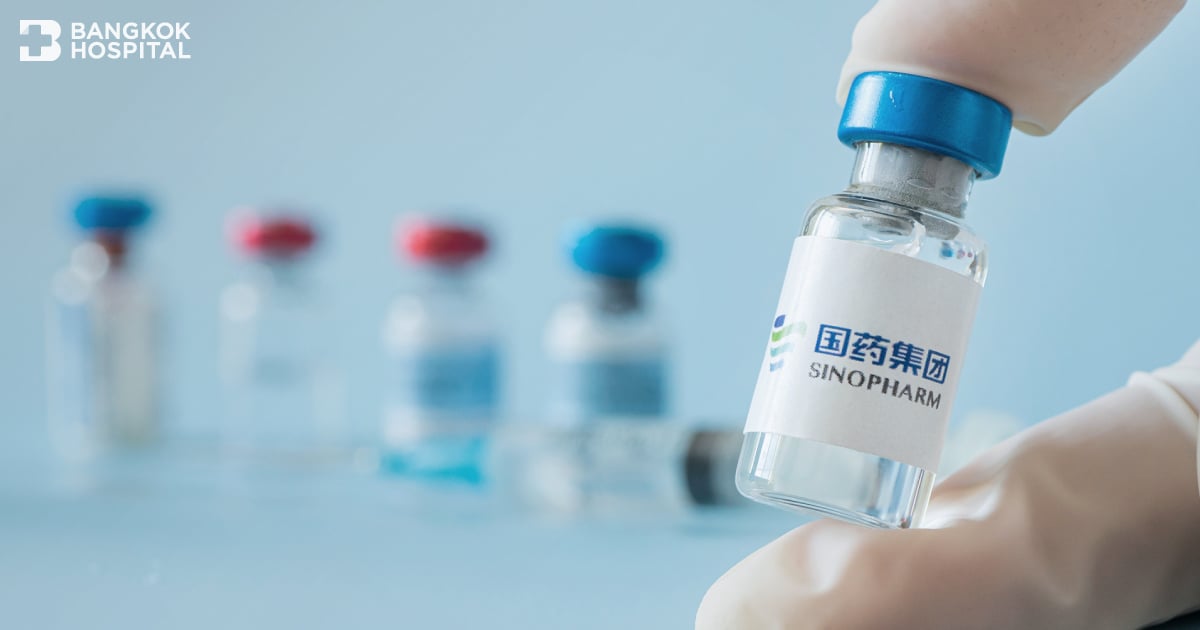
Questions and Answers on Sinopharm COVID-19 Vaccine
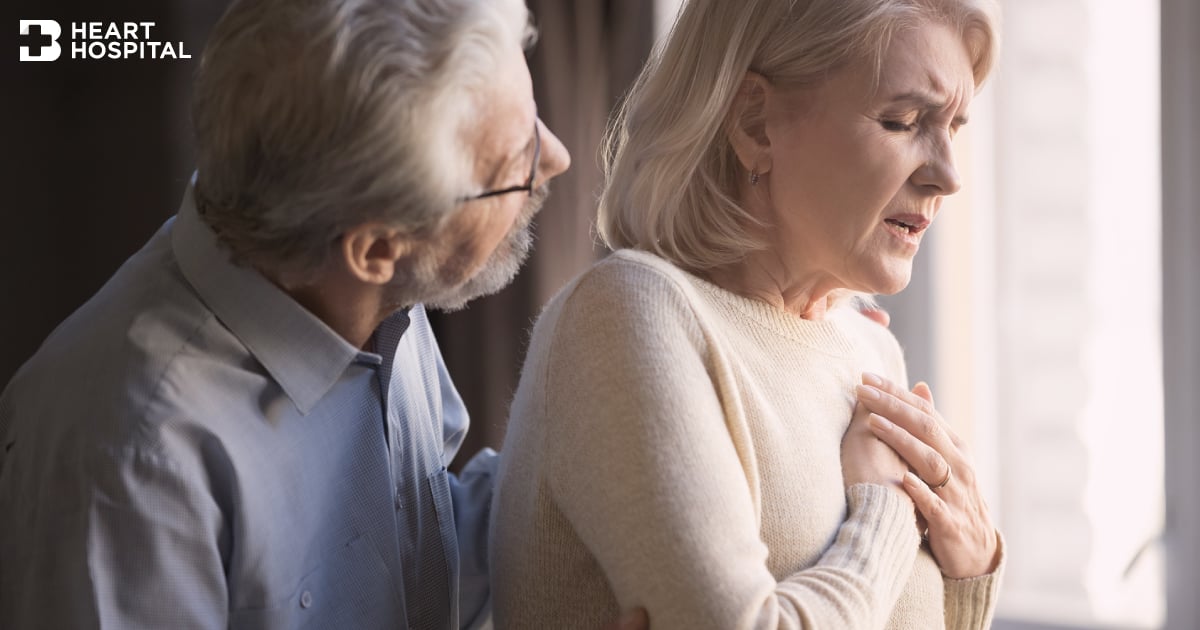
A rapid heartbeat – Warning sign of arrhythmia
A rapid heartbeat is a condition in which the heart beats faster than regular rates. Sometimes, it is normal for heart rates to temporarily rise during exercise, physical exertion or as a response to normal physiological stress or trauma.
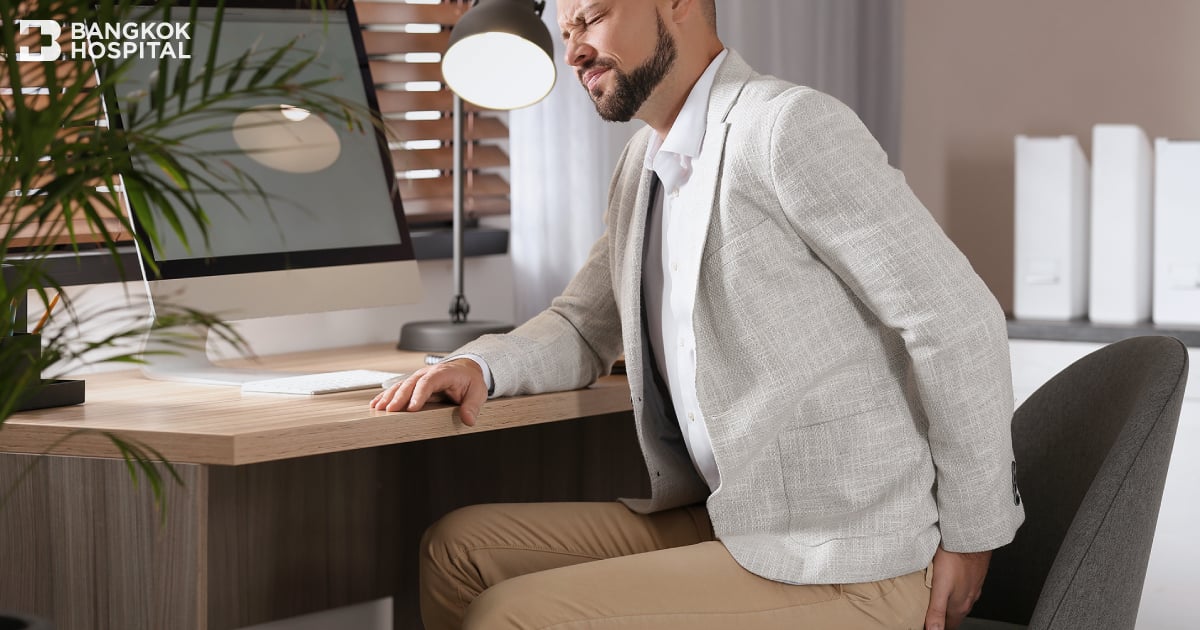
An anal fistula – An infected tunnel between the bowel and the skin near the anus.
An anal fistula is defined as an infected tunnel that develops between the skin and the muscular opening at the end of the anus.

Keeping fit and preventing heart failure
Sudden cardiac arrest in sports as a tragic event is the leading cause of premature death in competitive athletes. During sports participation or exercise, sport-related cardiac sudden deaths have been occasionally reported despite low incidences worldwide. Sports-related sudden cardiac arrest can even cast a negative light on sports and exercise in general, therefore obscuring the health benefits of regular exercise. The answer remains unclear why this life-threatening condition could suddenly kill athletes who had never presented with any signs and symptoms of cardiac disease. The program on cardiac screening and other measures recommended by the expert cardiologist to prevent sudden cardiac death is extensively considered an important key.
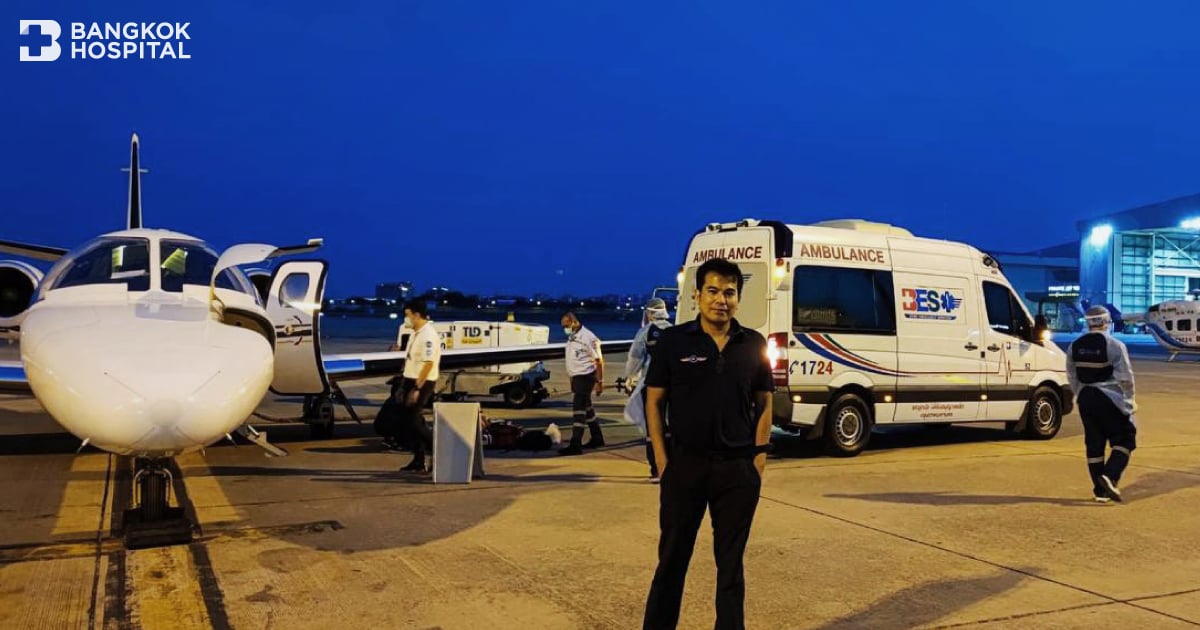
Making the world seem smaller in a time of need
According to the International Travel Health Guide 2019 online edition, the probabilities of acquiring certain diseases or having an accident while traveling, depend largely on where you travel and what you are doing while traveling. At the very least, a life-threatening illness, injury, or accident requiring a medevac can happen anywhere and at any time.
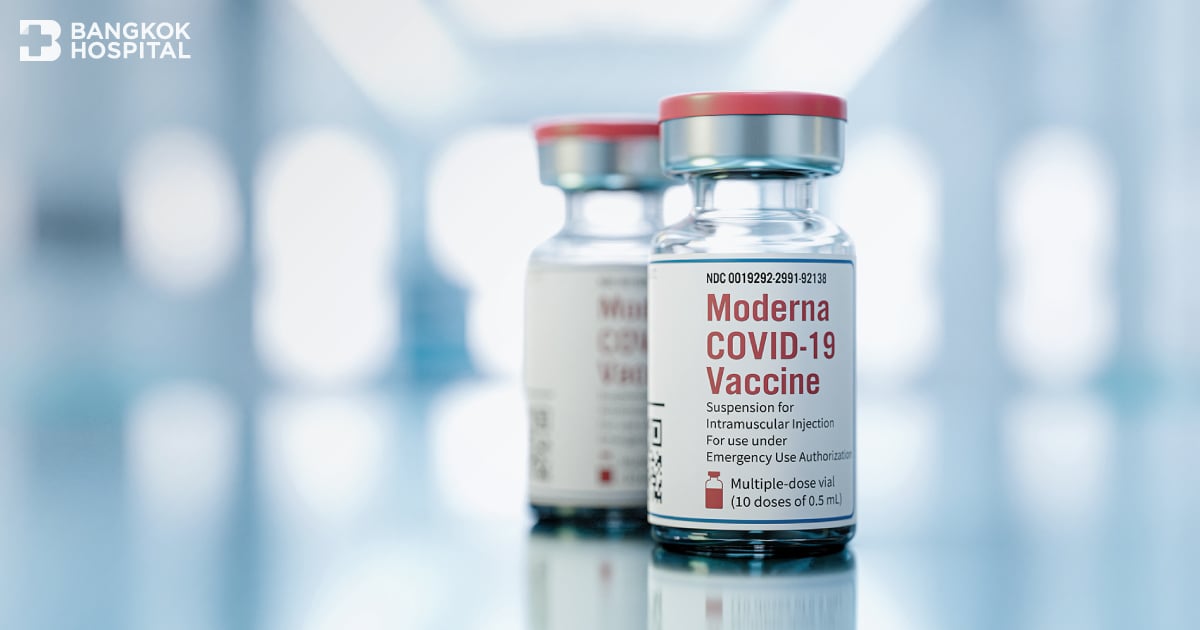
Frequently asked questions and answers about Moderna COVID-19 vaccine
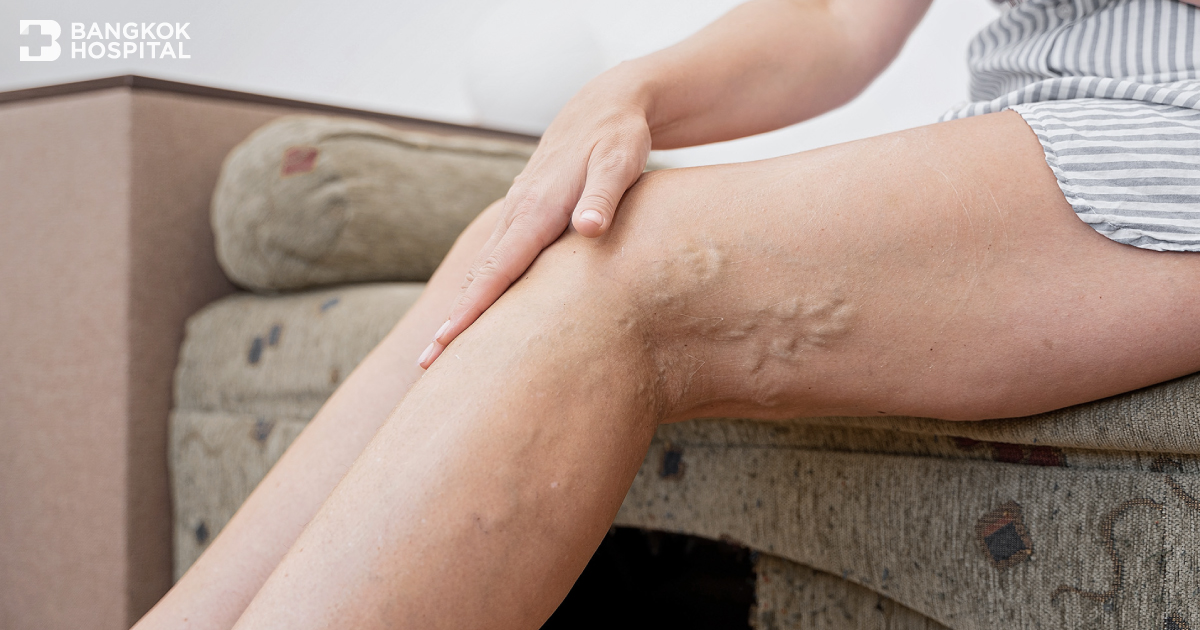
Chronic Venous Insufficiency (CVI), Get it treated right away before it becomes too late.
Chronic venous insufficiency (CVI) refers to a condition when the venous wall and/or valves in the lower extremities do not work properly, making it more difficult for blood to return to the heart from the legs. CVI is caused by damaged or weakened valves and vein wall due to aging and prolonged sitting or standing as well as reduced mobility. As a result, blood can flow backwards and pool or collect in these veins, leading to swelling in the lower legs and ankles.
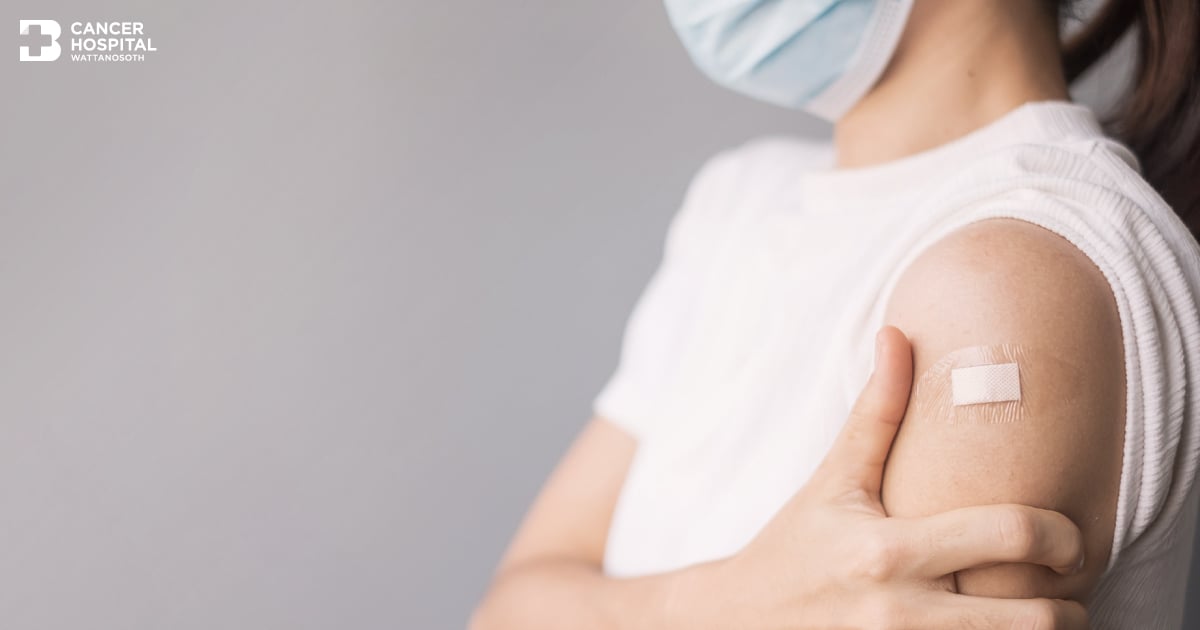
Cancer Patients and COVID-19 Vaccination
For patients with cancer, the immune system tends to be lower than average. If infected with COVID-19, they are at a higher risk of developing severe symptoms, and their bodies are less capable of fighting off the COVID-19 virus. Therefore, it is highly important that all cancer patients receive the COVID-19 vaccination as soon as possible to reduce the potential risk of death that could occur.
